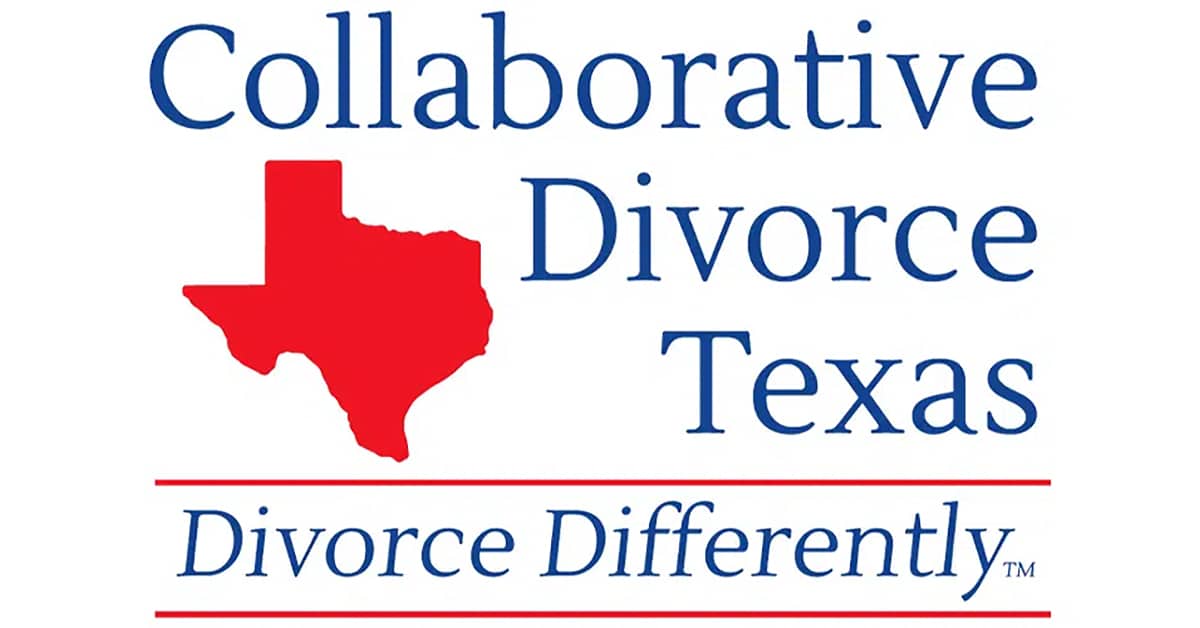
Revisiting the “Conscious uncoupling” concept
by Houston Divorce Attorney Sam M. “Trey” Yates, III
The term “conscious uncoupling” exploded in the news media a few years back as Hollywood actor Gwyneth Paltrow announced she and Coldplay lead singer Chris Martin were ending their 10-year marriage. Paltrow used the obscure term to describe the couple’s goal to keep their separation blame-free and as amicable as possible for the sake of the children.
The term “conscious uncoupling” exploded in the news media a few years back as Hollywood actor Gwyneth Paltrow announced she and Coldplay lead singer Chris Martin were ending their 10-year marriage. Paltrow used the obscure term to describe the couple’s goal to keep their separation blame-free and as amicable as possible for the sake of the children.
The term and the couple got lots of press coverage, while social media exploded with comments, questions and debates about this rather unusual approach to divorce.
“The idea of using the word uncoupling to describe divorce has been around since the early 1940s,” according to Dr. Habib and Dr. Sherry Sami. “In 1976, sociologist Diane Vaughan created her ‘uncoupling theory.’ In 2009 Katherine Woodward Thomas coined the term conscious uncoupling and began teaching this alternative approach to divorce throughout the world.”
“For the vast majority of history, humans lived relatively short lives,” said Habib and Sami, “and subsequently, weren’t in relationships with the same person for 25 and 50 years… As divorce rates indicate, human beings haven’t been able to fully adapt to our skyrocketing life expectancy. Social research suggests that because we’re living so long, most people will have two or three significant long-term relationships.”
Couples in Texas who are considering a kinder, gentler way to untie the knot, may want to explore the Collaborative Divorce model. In this approach, both spouses and their respective attorneys agree in advance that neither spouse will take any contested issue to court. Instead, the couple will create a “Collaborative team” which may include mental health and financial professionals, who will focus on finding ways to assist the spouses meet each of their most important goals and concerns.
In a Collaborative Divorce approach, both spouses must sign an agreement that they will share all information available to them about their property and children. The couple and their team meet together in the same room at mutually convenient times where all issues discussed are confidential. Participation is voluntary and either spouse can choose to the end the process at any time. Both spouses must agree to any resolution that is reached. If the couple cannot agree on a settlement, they can still take the litigation path toward divorce. However, their collaborative lawyers must withdraw and cannot continue to represent the parties in the case.
The potential benefits of a Collaborative Divorce include privacy, lower costs, client control, protecting the children, preserving family relationships and minimizing post-divorce conflicts. Collaborative Divorce also offers couples and their team an opportunity to work without court interference to develop a creative and customized solution to their divorce that works best for all. This approach is not appropriate for every situation. Couples who aren’t willing to compromise, or are especially angry at each other, or who “want their day in court,” may be better off proceeding through the litigation process with an experienced divorce attorney instead. Meeting with an experienced divorce attorney trained in Collaborative Law is the best first step in determining if you and your spouse are good candidates for the Collaborative Divorce process.



